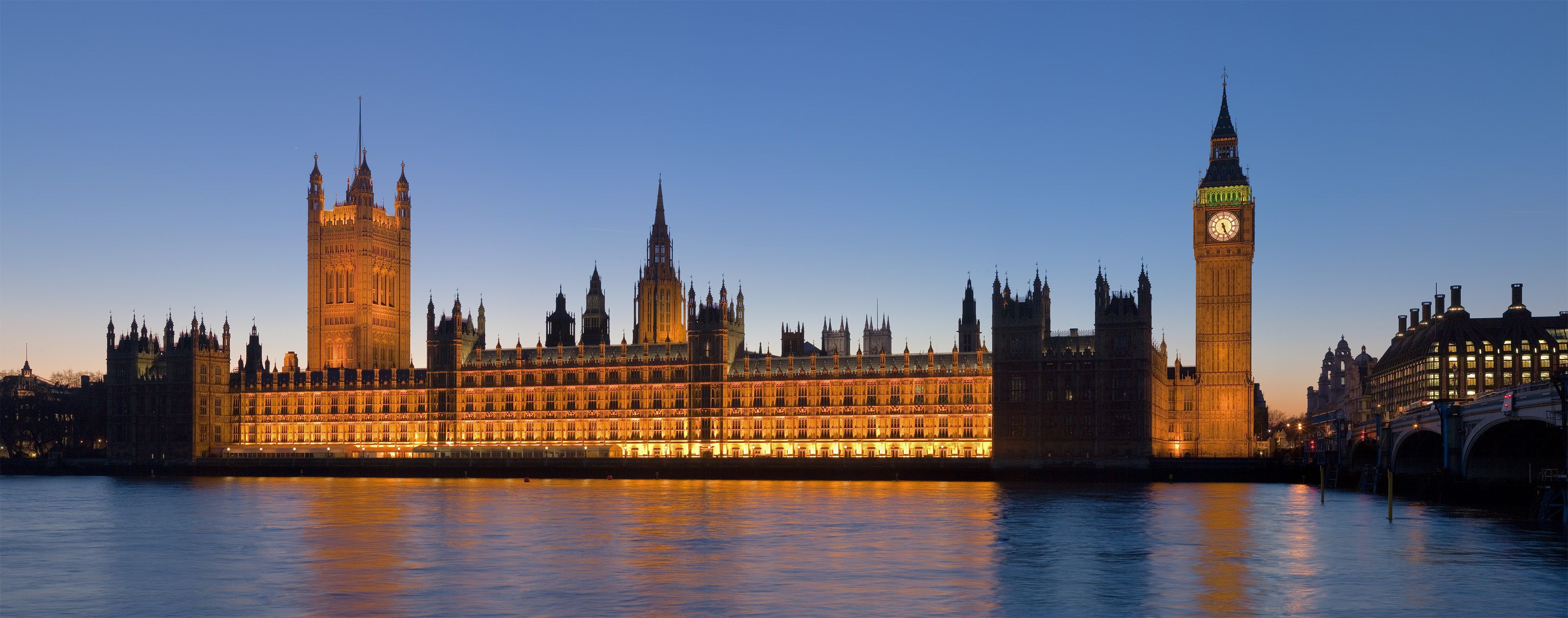
|
 |
|
Prior to the Roman conquest, Britain was home to about 30 indigenous tribes. The Roman conquest, beginning in 43 AD, and the 400-year rule of southern Britain, was followed by an invasion by Germanic Anglo-Saxon settlers, reducing the Brittonic area mainly to what was to become Wales, Cornwall and, until the latter stages of the Anglo-Saxon settlement, the northern England and parts of southern Scotland. In 1066, the Normans and their Breton allies invaded England from northern France. The Magna Carta was agreed on 15 June 1215. In 1603, the kingdoms of England, Scotland and Ireland were united in a personal union. On 1 May 1707, the Kingdom of Great Britain was formed.
The United Kingdom of Great Britain and Northern Ireland (commonly known as the United Kingdom (UK) or Britain) is a sovereign state. The country includes the island of Great Britain, the north-eastern part of the island of Ireland, and many smaller islands. Northern Ireland is the only part of the UK that shares a land border with another state—the Republic of Ireland. The form of government is a constitutional monarchy with a parliamentary system. The UK consists of four constituent countries: England, Scotland, Wales and Northern Ireland. The latter three have devolved administrations, each with varying powers, based in their capital cities, Edinburgh, Cardiff and Belfast respectively.
Associated with the UK, but not constitutionally part of it, are the three Crown dependencies: Guernsey, Jersey and the Isle of Man. The United Kingdom has fourteen British Overseas Territories. These are remnants of the British Empire which, at its height in late 19th and early 20th centuries, encompassed almost a quarter of the world's land surface and was the largest empire in history.
|
|
| UK in the Netherlands |
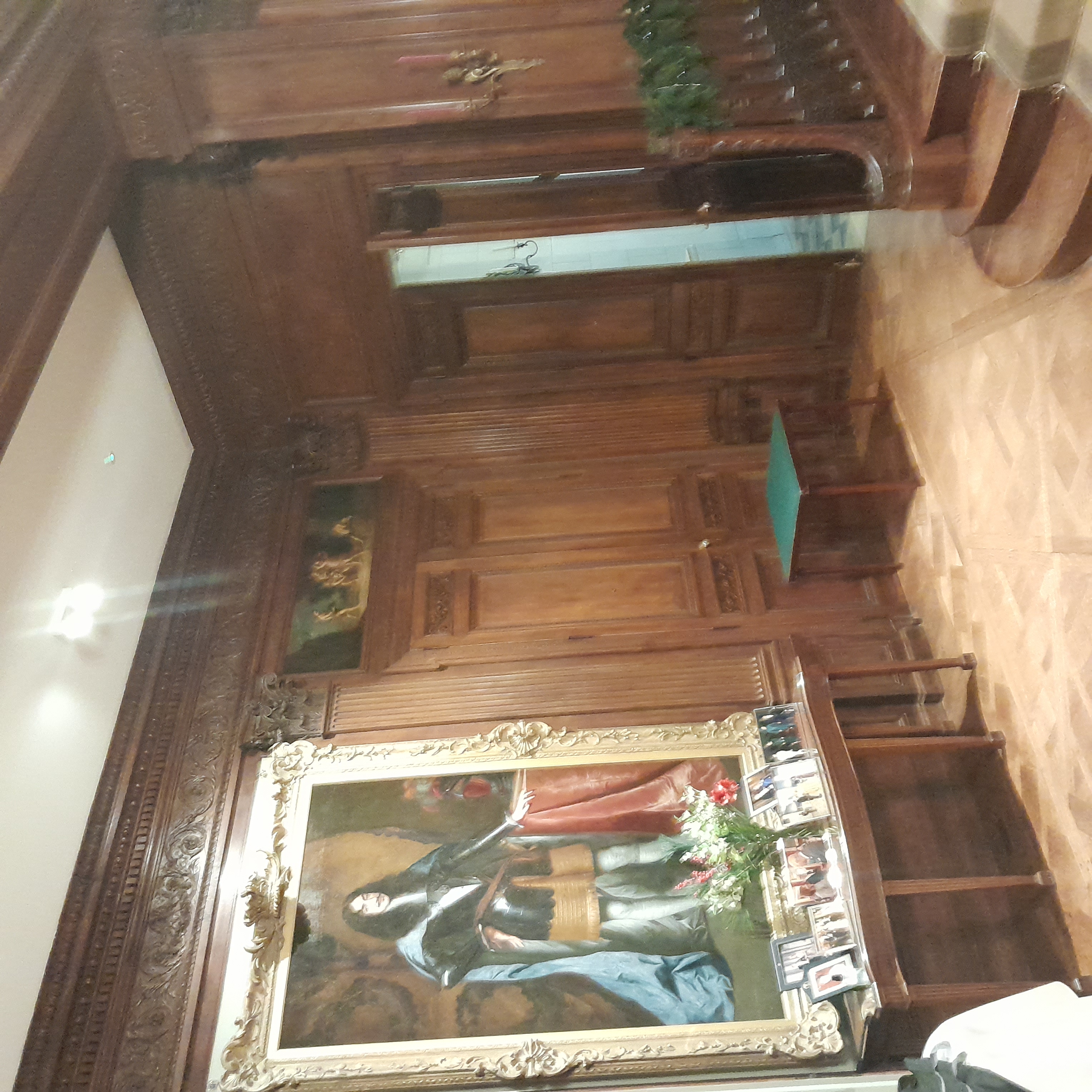 |
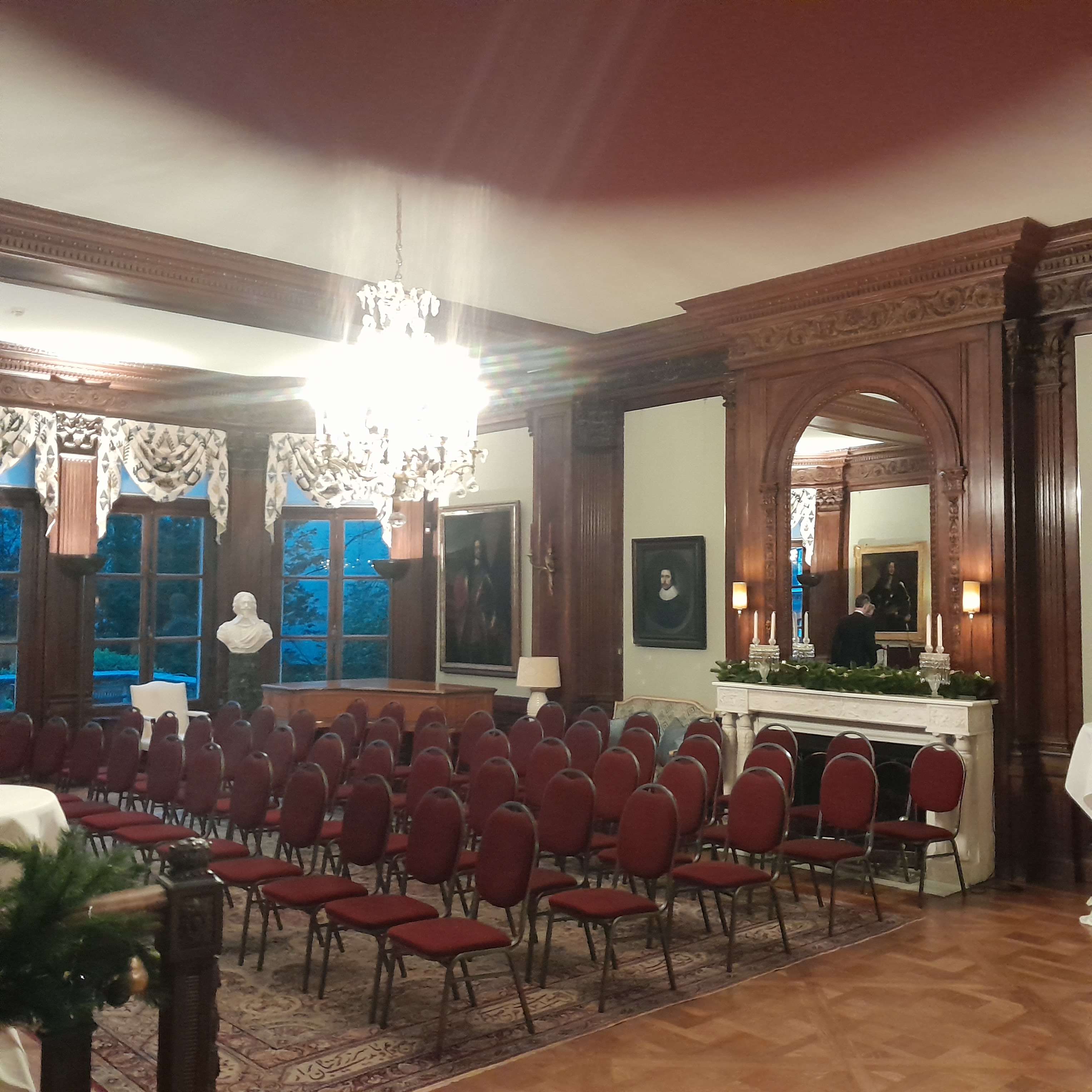 |
Admittedly, the British are known as Brexiters and that they have taken a very unwise step, but many bilateral contacts have now been established and strengthened, leaving the low point gradually.
Regularly, NBCC organizes events at the residence of the British ambassador to the Netherlands to let grow relationships in a developing cross-border business environment and to present possibilities to collaborate in the field of business and industry, including on real estate investment projects, financial instrument to secure loan notes. |
| THE STORY OF THE BREXIT |
| One of the consequences of the Brexit: Windsor Framework unveiled to fix problems of the Northern Ireland Protocol:
The agreement in principle reached by the UK and EU But Northern Ireland’s DUP voted against: "It is our party view that there remain key areas of concern which require further clarification, re-working and change as well as seeing further legal text," Donaldson said, following a meeting of his party's top brass. Ït does not deal with some of the "fundamental problems at the heart of our current difficulties". News.sky.com, Monday 20 March 2023 22:44, UK: "Downing Street said the Stormont brake would address the so-called "democratic deficit" caused by the protocol, but Sir Jeffrey said the brake "is not designed for, and therefore cannot apply, to the EU law which is already in place and for which no consent has been given for its application". "Whilst representing real progress, the 'brake' does not deal with the fundamental issue which is the imposition of EU law by the protocol," he said. Downing Street said it has no plans to change the framework despite the DUP's decision to oppose it. However, the prime minister's official spokesperson said ministers stood ready to have further consultations with the party ahead of Wednesday's Commons vote. The DUP's opposition does not mean the legislation will fail, but it makes the likelihood of the unionist party rejoining powersharing slimmer. The party pulled out of the arrangement for devolved government in Northern Ireland early last year in protest at the protocol. |
|
|
|
|
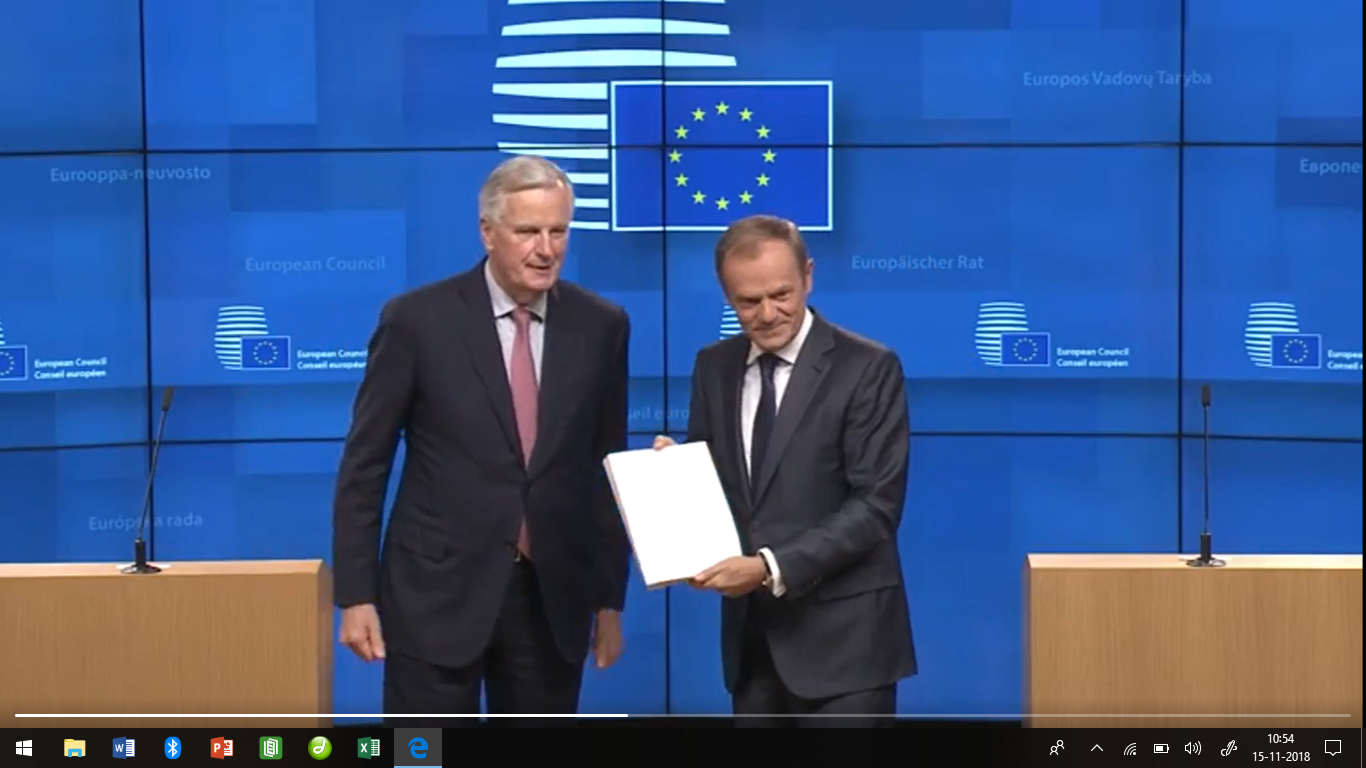 |
Arend Jan Boekestijn (Lecturer International Relations UU), 15 November 2018: "I have always had great admiration for the United Kingdom. The rich parliamentary tradition, crystal clear thinking, pragmatism and humor. The land of Isaac Newton, John Locke, John Stuart Mill, David Hume, Adam Smith and William Shakespeare. The country also includes great statesmen like Lord Castlereagh, Benjamin Disraeli, William Gladstone and Winston Churchill.
<- Remarks by President Tusk on the draft UK withdrawal agreement |
Today grandeur is less available. In the circles of Brexiteers, personal gain has won the public interest. The current Prime Minister Theresa May was an opponent of Brexit but was silent because she wanted to succeed Cameron. The same applies to Boris Johnson. He was also an opponent but opted for Brexit because he might have a chance to follow Theresa May. While his great example Winston Churchill, when it really mattered, always chose the national interest, Boris is guided solely by his personal interest. Churchill warned in the interwar period for the rise of the Nazi regime while he knew that the British 'appeasers' ridiculed him behind his back. Boris knows very well that the United Kingdom will pay a high price for Brexit but his personal career considerations weigh heavier. The contrast with Churchill can not be greater.
The rhetoric and framing of the Brexiteers are dripping with hypocrisy. The reaction of Boris Johnson to the May deal with Brussels speaks volumes. The deal will prevent a hard border between Northern Ireland and Ireland (and between Northern Ireland and the United Kingdom) because the UK will remain in the EU Customs Union for the time being. Boris now shouts from all rooftops that the UK remains a vassal state of the EU. He is right, of course, that the UK will not be able to conclude trade agreements with third parties for as long as it remains a member of the EU Customs Union. He is also right that London should keep to EU rules for the time being, without being able to influence those damned regulations. However, a provisional continuation of UK membership of the EU customs union is the only way to prevent a hard limit. After all, membership of a customs union implies that the tariffs are canceled and replaced by a common external tariff. After all, a customs union has internal free trade and, externally, a common external tariff. After all, that is the inexorable logic of a customs union. Within the customs union, entrepreneurs can enjoy free trade, outside of which they are protected. Boris uses a colonial frame to express his aversion to a soft Brexit and his preference for a hard Brexit. However, it is unfair because a continuation of the British EU membership gave the British, like all other members of the EU club, the opportunity to continue to influence the rules of the club. Boris, however, only wants the EU's appetites, but not the burdens. However, there is no club in the world where one can only enjoy lust Boris uses a colonial frame to express his aversion to a soft Brexit and his preference for a hard Brexit. However, it is unfair because a continuation of the British EU membership gave the British, like all other members of the EU club, the opportunity to continue to influence the rules of the club. Boris, however, only wants the EU's appetites, but not the burdens. There is, however, no club in the world in which one can enjoy the lust only without burdens. Brussels and the EU member states are not crazy henkie. When it turned out that 'the lust but not the burden' option did not exist, he decided at all costs to support a strong Brexit. And those costs are sky-high. According to the IMF, the UK will surrender 6% of GNP in the event of a hard Brexit. Grass will grow in the ports of the UK. Trucks will be in a traffic jam from London to Dover. That colonial frame of Boris is in itself hypocritical enough but it gets worse if one realizes how colonial the so-called anti-colonial Brexiteers themselves treat the Northern Irish. Research shows that Brexiteers want a Brexit all over the UK that they are willing to pay the price of inflating the fragile Irish peace regime. 84%, 83%, 73% and 87% of Brexiteers in Wales, England, Scotland and Northern Ireland, respectively, believe that breaking up the peace process is a prize that may be paid to realize Brexit! Let this work on you. In the period 1968 to 1998 more than 3,600 people were killed and 50,000 injured during the "Troubles" in Northern Ireland. Northern Irish citizens were murdered cold-blooded during sports competitions, in hospital, in prison, when they left the church and even while attending a worship service. In Northern Ireland, the memories of these slaughter are still fresh. Not much is needed to rekindle the violence. A hard boundary between Northern Ireland and Ireland is literally playing with fire. And what do those foolish from the Brexiteers say in the United Kingdom (including Northern Ireland)? 'Inflating the peace process in Northern Ireland is a price that we are willing to pay to achieve a tough Brexit'. The Brexiteers can not give a blow if blood will flow again in Northern Ireland if they can implement their blindly foolish Brexit ideology that is causing their country great economic damage. Boris Johnson and his colleagues blame Brussels for a colonial attitude while they themselves are prepared to stir up a new civil war in Northern Ireland. A larger form of hypocrisy has yet to be invented." |
| BREXIT |
"It's certainly a serious issue and it will be written in history":
British Prime Minister Theresa May signed Tuesday night the letter formally in order to inform the EU about the departure of the United Kingdom from the European Union. Through the letter, the Brexit will take effect. The letter of May is for the President of the European Council Donald Tusk and will be handed over to the British Permanent Representative to the EU Tim Barrow on Wednesday. The letter activates Britons Article 50 of the EU Treaty. Thus both parties get two years time to reach agreement on several issues divorce British influence, a former think tank, can still be observed in the prevalence of language, culture and legal systems in many of its former colonies. The UK has the world's sixth/seven-largest economy by nominal GDP and eighth-largest economy by purchasing power parity. It was the world's first industrialised country and the world's foremost power during the 19th and early 20th centuries. The UK is still referred to as a great power and retains considerable economic, cultural, military, scientific and political influence internationally. |
It is a recognised nuclear weapons state and its military expenditure ranks fourth in the world. What can change if the UK vote to leave the EU, you can see here.
The UK has been a permanent member of the United Nations Security Council since its first session in 1946. It has been a member of the European Union and its predecessor the European Economic Community since 1973. It is also a member of the Commonwealth of Nations, the Council of Europe, the G7, the G8, the G20, NATO, the Organisation for Economic Co-operation and Development (OECD) and the World Trade Organization. "Britain's destiny lies in Europe as a full member of the Community. We shall not be standing on the side-lines or, as you would say, watching from the bleachers. On the contrary, we shall bring to it our own distinctive point of view—practical and down to earth. We fight hard for what we believe in, namely: — a Europe based on willing cooperation between independent sovereign states; — a Europe which is an expression of economic freedom, without which political freedom could not long endure; — a Europe which rejects central control and its associated bureaucracy; |
— a Europe which does not resort to protectionism but remains open to the outside world; — and—of supreme importance for Britain—a Europe which always seeks the closest possible partnership with the United States", according to Margaret Thatcher, 1990 Aug 5 during her speech "Shaping a New Global Community.
During the late 19th century, Britain's primary goal in foreign policy was to maintain the balance of power in Europe and to intervene should that balance be upset. Its secondary goal was to protect its overseas interest in the colonies and dominions, as free trade was what kept the Empire alive. The sea routes to the colonies, especially those linking Britain to India (via the Suez Canal), were vital. By an increase in the importance given to British colonies, protectorates and dependencies overseas in an era of increasing competition in the wider world, a situation relatively unknown since Britain's conflicts with France during the eighteenth century, the policy of 'Splendid Isolation' was perceived what policy is characterized by a reluctance to enter into permanent European alliances or commitments with the other Great powers. The term was coined to praise Britain's lack of involvement in European affairs. |
|
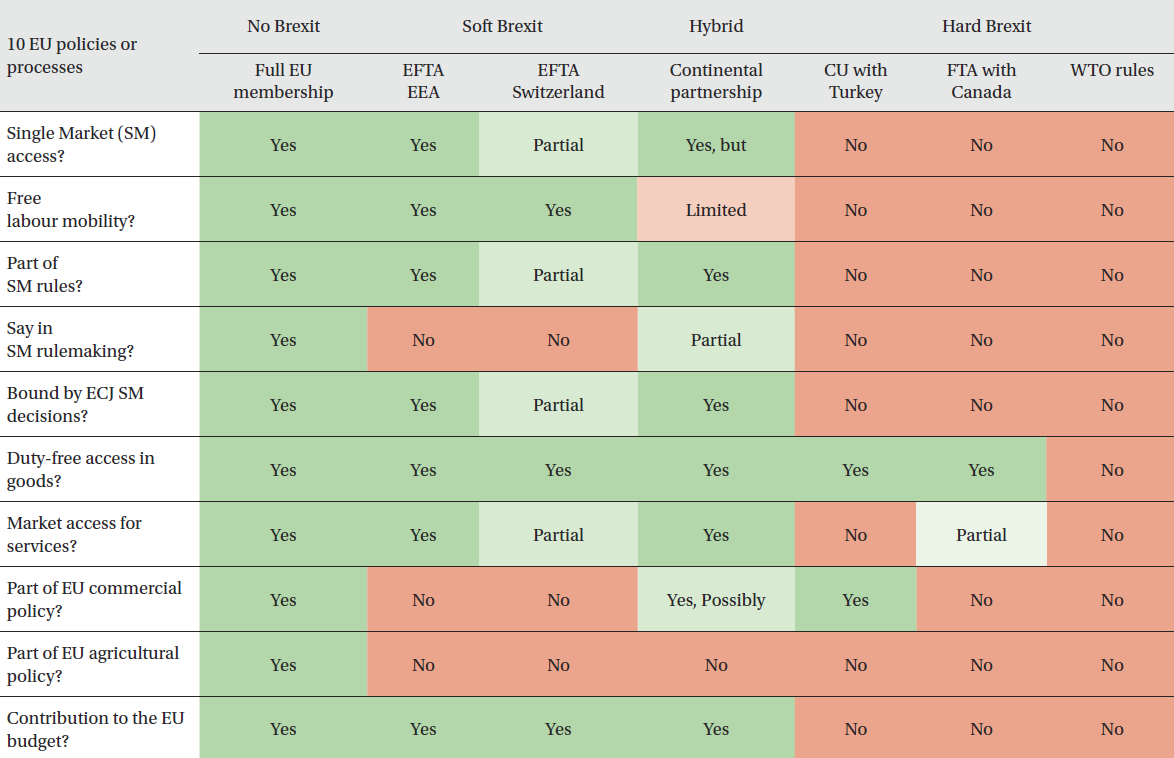 |
<- 10 policies or processes |
|
|
|
| David Cameron has outlined his four goals for reforming the UK's membership of the EU, including restrictions on benefits for people coming to the UK. He said Britain faced a "huge decision" in the in/out referendum promised before the end of 2017. But he said he was confident of getting what he wanted from reform talks. Anti-EU campaigners say the talks are a "gimmick" - and the European Commission said the UK's benefits proposals could break free movement laws.
Mr Cameron has formally set out his demands in a letter to the president of the European Council, saying four objectives lie at the heart of the UK's renegotiations:
Mr Cameron hit back at claims by former Tory chancellor Lord Lawson that the four goals were "disappointingly unambitious", saying they reflected what the British people wanted and would be "good for Britain and good for the European Union". "It is mission possible and it is going to take a lot of hard work to get there," said the prime minister. Curbing EU migration is by far the most vexed issue, although some areas are welcomed by the majority of other EU countries - such as putting a moratorium on the ability of citizens of new EU members' to live and work across the EU until their economies have caught up, also cracking down on benefit tourism and limiting child benefits and out-of work benefits for migrants. The sticking point is undoubtedly in-work benefits. Central and Eastern European countries with a fluid workforce, such as Poland, are loud opponents, although privately they say they would be happy if their best and brightest would think twice before abandoning their homeland. But it is powerhouse Germany that will be the most stubborn stick in the wheel here. |
Discriminating against EU workers goes against one of the founding EU principles - the freedom to work anywhere in the European Union. Again though, Germany has been clear it will do its utmost to accommodate the UK in its reform demands. The toughest task he is likely to face is persuading other EU leaders to accept restrictions on in-work benefits for new arrivals to the UK, which Mr Cameron said was vital to cut "very high" and "unsustainable" levels of immigration. He said: "I understand how difficult some of these welfare issues are for some member states, and I'm open to different ways of dealing with this issue. "But we do need to secure arrangements that deliver on objectives set out in the Conservative manifesto to control migration from the European Union."
Mr Cameron claimed 40% of recent European Economic Area migrants received an average of around £6,000 a year of in-work benefits. The European Commission said Mr Cameron's benefit restriction proposals were "highly problematic" as they affected the "fundamental freedoms of our internal market" and amounted to "direct discrimination between EU citizens". But the Commission said it viewed the letter as the starting point of negotiations and it would work with the PM for a "fair deal for Britain which is also fair for all the other member states". German Chancellor Angela Merkel said she was "reasonably confident" a deal could be reached with the UK that would see it remaining in the EU. Mr Cameron has said he wants the UK to stay in a reformed EU, but he has not ruled out recommending leaving if he cannot secure the change he wants with the leaders of the other 27 EU countries. He ruled out a second referendum if Britain voted to leave, saying: "You the British people will decide. At that moment you will hold this country's destiny in your hands. This is a huge decision for our country - perhaps the biggest we will make in our lifetimes. And it will be a final decision." In his speech, Mr Cameron said: "When you look at the challenges facing European leaders today, the changes that Britain is seeking do not fall in the box marked 'impossible'. "They are eminently resolvable, with the requisite political will and political imagination." Alongside publication of the PM's letter, Chancellor George Osborne is meeting European Commission President Jean-Claude Juncker in Brussels as part of the renewed diplomatic push for EU reform. The Vote Leave campaign said Mr Cameron's negotiating demands were "trivial" and that the only way for the UK to regain control of its borders and democracy was by leaving the EU. Labour's shadow chancellor John McDonnell said the PM's position on the EU was "a lot of bluff and bluster" and more about "appeasing" some of his Eurosceptic backbenchers. Labour's position was that Britain should stay in the EU and "negotiate our reform agenda as members of the club", he added. |
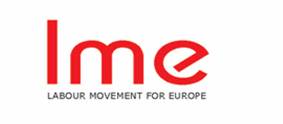
| Begin 2013, again the UK expressed dissatisfaction with the balance of power in Europe. The Prime Minister refered to possible exit from the EU. A well-researched and well-considered document full of powerful ideas for Britain’s future in Europe and, indeed, for Europe’s future is 'Fresh Start', a new vision for the UK in Europe.
Many of the proposals are already Government policy, some could well become future Government or Conservative Party policy and some may require further thought, such as 'Review of the Balance of Competences between the United Kingdom and the European Union: Foreign Policy' by SEE, the senior experts group.
|
Despite the existence and aims of LME, there are sounds in the UK (as on the continent as well) about an exit of the UK from the European Union or a different interpretation of the form of EU membership for the UK. Downingstreet 10 released 17th Jan 2013 a report on extracts of a speech in advance of the now postponed speech that PM David cameron was planning to make. Prime Minister served notice today that Britain could leave the European Union if its concerns about its membership are not resolved. He wants the UK to play a "committed and active" part in the EU in future.
He was also planning to warn that, if changes are not made to address the three key challenges of eurozone crisis, economic competitiveness and dramatically declining public support, "the danger is that Europe will fail and the British people will drift towards the exit". But the extracts released by Downing Street did not reveal whether the Prime Minister intended to commit himself to an in/out referendum on British membership of the EU following the renegotiation of its terms which he has already said he plans to undertake after the 2015 general election. |
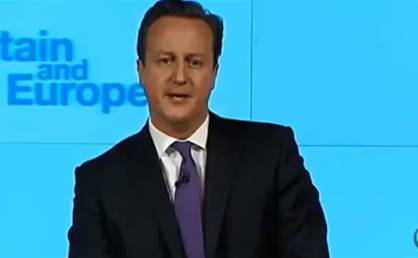
| The Prime Minister's reference to possible exit from the EU is his starkest warning yet of the consequence of failure to reform Europe, and echoes Chancellor George Osborne's comment to a German newspaper last week that "in order that we can remain in the European Union, the EU must change". He prepared the ground for a public statement of his Europe policy by speaking to opposite numbers in Germany and Sweden in the Netherlands over the last few days, and discussed last night what he planned to say with French president Francois Hollande and US president Barack Obama.
Segments of the speech released last night showed that he was intending to tell Europe's leaders that they have a "duty" to respond to the growing frustration of their people and to accept change to the way the EU operates. "More of the same" would condemn EU nations to "less competitiveness, less growth, fewer jobs", he argued. According to the speech extracts, Mr Cameron was planning to use the address to set out what he termed a "positive vision for the future of the European Union. A future in which Britain wants, and should want, to play a committed and active part". He was planning to tell an audience of business people and EU diplomats that Europe "must change, both to deliver prosperity and to retain the support of its peoples". |
The woes of the euro were already forcing "fundamental change" on the structures of the EU, while a "crisis" in competitiveness was allowing emerging nations around the world to "soar ahead" of Europe, he was due to say. And he was planning to warn that "there is a gap between the EU and its citizens which has grown dramatically in recent years and which represents a lack of democratic accountability and consent that is - yes - felt particularly acutely in Britain".
The speech extracts warned: "If we don't address these challenges, the danger is that Europe will fail and the British people will drift towards the exit. "I do not want that to happen. I want the European Union to be a success and I want a relationship between Britain and the EU that keeps us in it." According to Mr Cameron, the austerity measures taken to deal with the crisis in the eurozone have given added urgency to the issue of the EU's democratic legitimacy. |
|
"People are increasingly frustrated that decisions taken further and further away from them mean their living standards are slashed through enforced austerity or their taxes are used to bail out governments on the other side of the continent," he was intending to argue. "And yes, of course, we are seeing this frustration with the EU very dramatically in Britain. Europe's leaders have a duty to hear these concerns. |
And we have a duty to act on them." In a riposte to supporters of the status quo in Europe, Mr Cameron was planning to warn: "More of the same will not secure a long-term future for the eurozone. More of the same will not see the European Union keeping pace with the new powerhouse economies. More of the same will not bring the European Union any closer to its citizens. |
 |
"More of the same will just produce more of the same - less competitiveness, less growth, fewer jobs. And that will make our countries weaker, not stronger." |
The Prime Minister's approach won the support of London mayor Boris Johnson, who said in a speech last night that he believed voters would back a renegotiated membership which saw Britain stay in the single market but remove some of the "barnacles" which have grown up around EU membership. But Liberal Democrat Business Secretary Vince Cable warned that renegotiation was a "dangerous gamble", while Labour's Douglas Alexander said Mr Cameron was "sleepwalking towards exit".
There was also renewed US pressure, with President Barack Obama telling Mr Cameron that Washington greatly valued Britain being in the EU.
Mr Cameron set out his proposed speech in a call with the president yesterday afternoon before it was postponed. The White House made clear that Mr Obama maintained the pressure on the Prime Minister in the call. A spokesman said: "The president underscored our close alliance with the United Kingdom and said that the United States values a strong UK in a strong European Union, which makes critical contributions to peace, security and prosperity in Europe and around the world." The sounds generated many comments, of which 7 are:
|
| CULTURE, VINDOLANDA and TABLETS |
Although first built by the Roman army before Hadrian’s Wall Vindolanda became an important construction and garrison base for the Wall, a Hadrian’s Wall fort in its own right. During this time Vindolanda was demolished and completely re-built no fewer than nine times. Each re-build, each community, leaving their own distinctive mark on the landscape and archaeology of the site.
Vindolanda was a Roman auxiliary fort (castrum) just south of Hadrian's Wall in northern England, which it pre-dated. Archaeological excavations of the site show it was under Roman occupation from roughly 85 AD to 370 AD. Located near the modern village of Bardon Mill in Northumberland, it guarded the Stanegate, the Roman road from the River Tyne to the Solway Firth. It is noted for the Vindolanda tablets, a set of wooden leaf-tablets that were, at the time of their discovery, the oldest surviving handwritten documents in Britain |
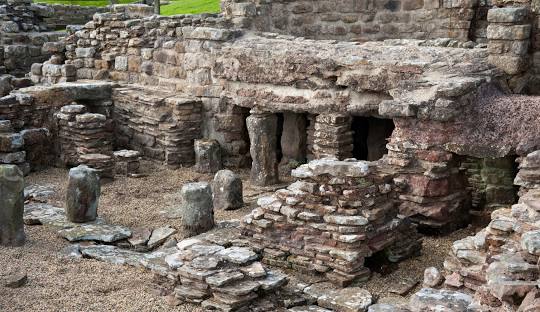 |